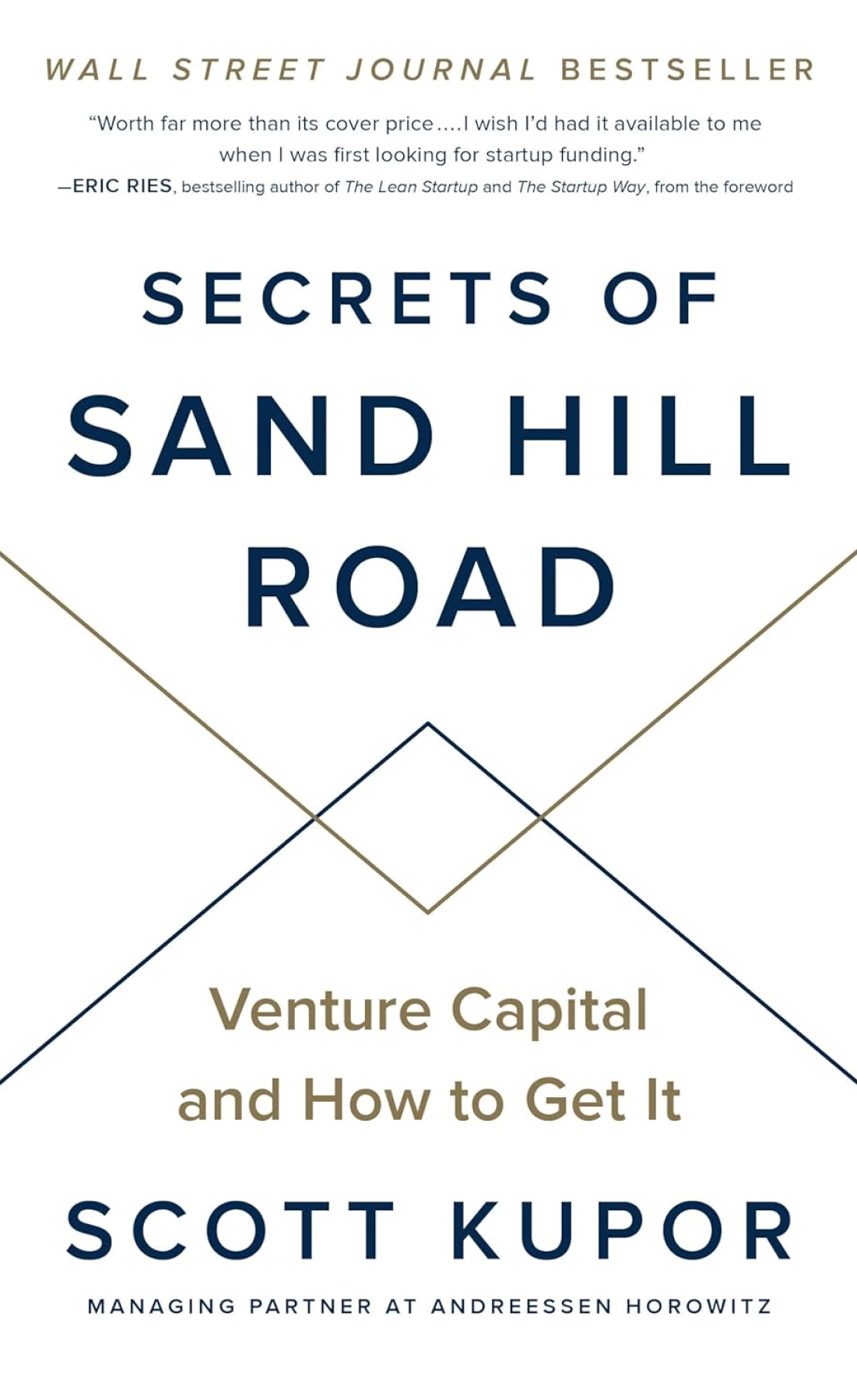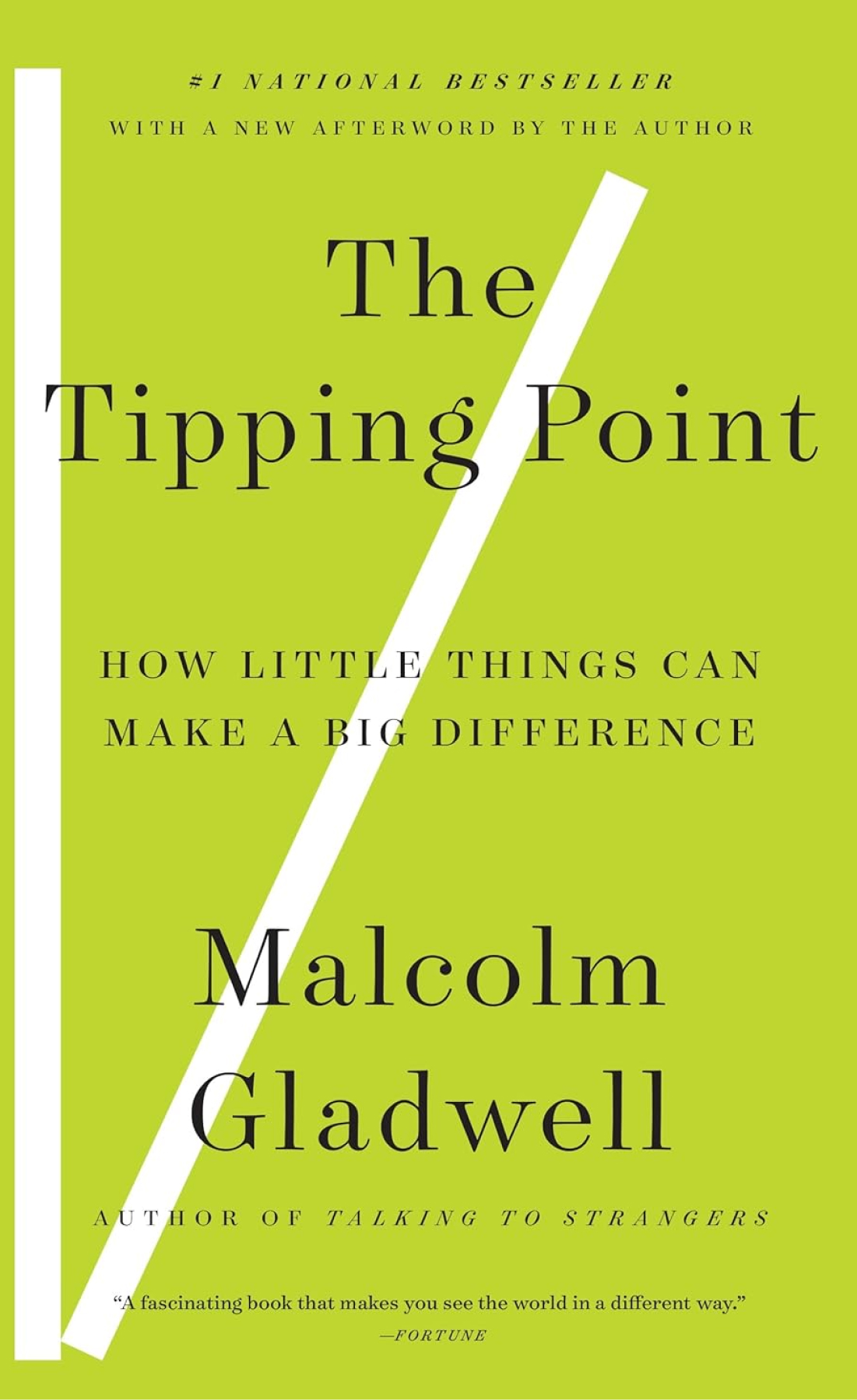Major concepts

VC Power Law
The VC Power Law highlights that a small number of investments generate the most significant returns.

- Success depends on finding a few star performers within a portfolio.
- A diverse portfolio improves the chances of discovering outliers that yield massive returns.
- Build strategies to identify and support potential industry leaders.
- Most startups won't succeed, and resources should be focused on the few with high growth potential.
The VC Power Law is a key idea in venture capital. It means that most returns come from just a few successful investments.
Understanding this can shape how investors make decisions, helping them find the rare startups with the potential for massive growth.
What is the VC Power Law?
In venture capital, the VC Power Law explains that big returns usually come from a small number of high-performing investments:
- Only a few startups will become hugely successful.
- These few companies make up the bulk of the total returns in a VC portfolio.
- Even though many investments fail, a few big successes cover those losses.
This pattern is common in many VC portfolios, so it’s important to identify the startups with high potential.
Some famous examples are early investments in Facebook, Uber, and Airbnb, which brought massive returns to their investors.
Why It’s Challenging for VCs
Venture capitalists (VCs) aim to find the next "unicorn," or startup that reaches a $1 billion valuation, but this isn’t easy:
- Most startups don’t deliver large returns.
- By diversifying their investments, VCs increase the chances of finding a unicorn.
- Because so many ventures fall short, VCs count on a few successful investments to boost the portfolio.
How to Leverage the Power Law
To make the most of the VC Power Law, VCs can focus on strategies that help spot and support possible winners.
Here’s how:
- Look for ideas with strong growth potential and scalable business models.
- Check the market size and the potential for a big impact.
- Build strong networks to connect with promising entrepreneurs early on.
- Invest time and resources in due diligence and supporting startups that show high growth potential.
These steps help VCs improve their chances of finding the rare startup that can make a big difference in their portfolio.




